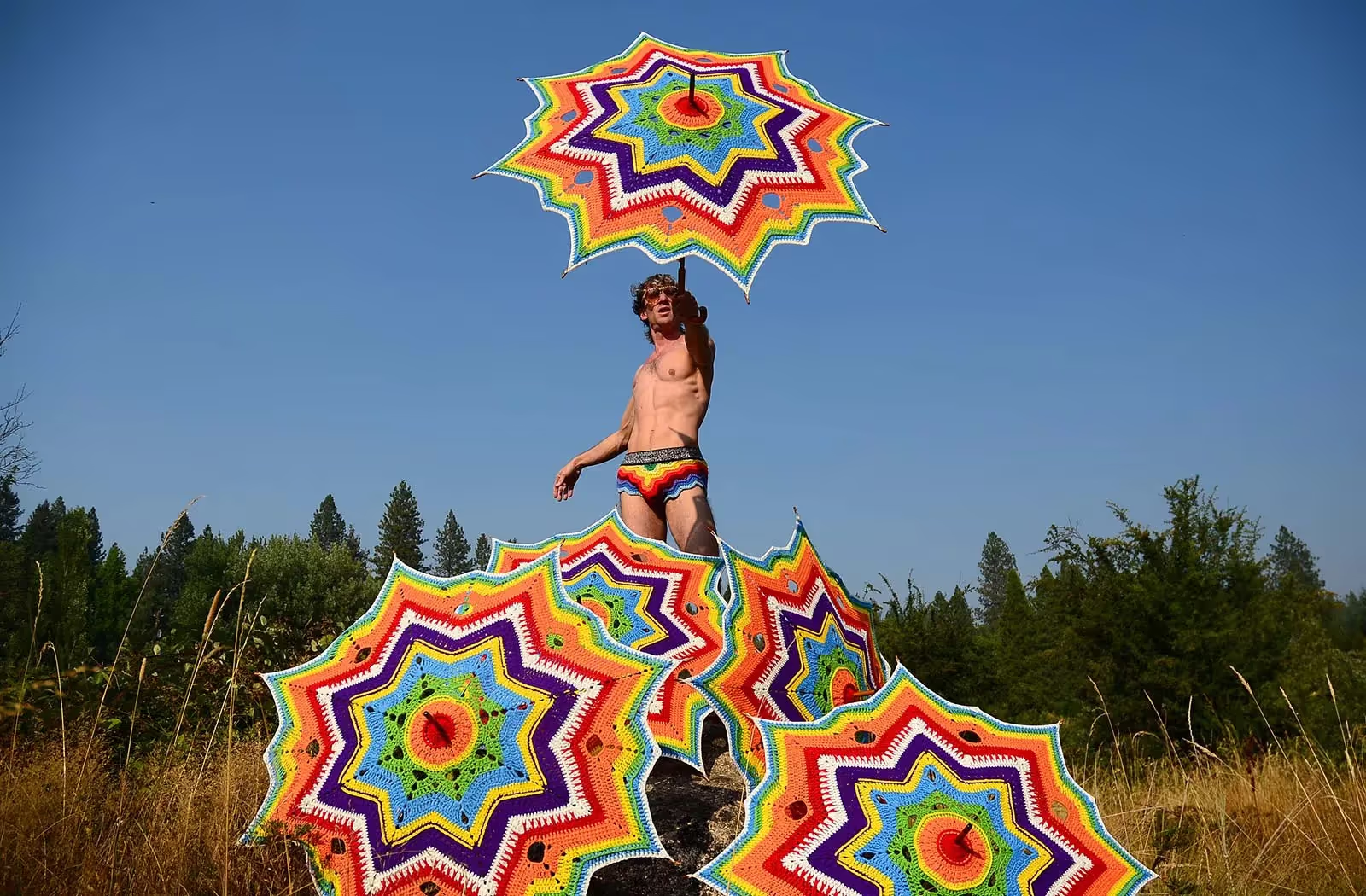If you're not okay, I'm not okay

“A person is a person through other people.”
Isn't it strange how people come into our lives at just the right moment, and through the strangest of circumstances?
One day I received an email from Getrude Matshe, a native of Zimbabwe living in New Zealand, who got my name from the organizer of her upcoming TEDx conference being held in a tiny rural college town in upstate New York that no one has heard of. No one, of course, except me, because it's precisely where I attended college.
The organizer only knew me because he used to take his kids to the town's New Years Eve celebration, where for years I provided a family friendly magic show. He'd stayed up on my career and noticed the transition to speaker from magician via my now-famous TEDx talk.
So when some of his presenters asked if he knew a TEDx coach, he gave them my name.
And that's how Getrude and I ended up in a hotel room in Oneonta, NY on a Saturday morning with a makeshift podcast studio talking about the magic of Ubuntu in a broken world. And the conversation was life-changing.

What is Ubuntu?
As Getrude describes it, Ubuntu is an African philosophy founded on the principle that humanity is one, and it's in the observation of each other that we exist.
More than a philosophy, Ubuntu is a way of being and living deeply embedded in the language itself:
"When you wake up in the morning, you say to someone, "How did you rise?" And the answer is, "I woke up well if you woke up well." So if you're not okay, I'm not okay."
It's a culture built on connectedness as the primary force of life, which is in radical contrast to our Western individualism.
A Fish Out of Water
What happens when you take someone who grew up in the Ubuntu philosophy and place them in an individual-focused society? Getrude moved to London at 19 and realized something was very wrong:
"I felt like I was disappearing. I would phone home and cry and say to my mom, "I feel like I'm not here!" And my mother would say, "What do you mean?" I'm like, "Nobody looks at me. Nobody sees me."
When we greet in southern Africa we say 'sawubona,' which means 'I see you.' And it's not just the seeing of sight. It's my acknowledging you as another human being."
Have you noticed that people don't really listen to each other? Turns out that's not true everywhere in the world, but it's quite characteristic of the modern Western world. We tend to tune out once we've decided what we're going to say next, completely breaking the spell with our conversational partner. If you're used to it, as we are, it's a mere annoyance. But for Getrude it was a complete culture shock:
"My very existence up until that point was based on the people around me. It was based on community. And I lost that when I moved to London for the first time.
...
I'm used to people just being authentic. They're not fronting, they're not trying to be something, they're not trying to impress you. People are just who they are. I come from a culture where in my language there is no sarcasm. There's no innuendo. So if somebody says something to you they mean what they say."
Can you imagine how different our world would be - at home, at work, in school - if people spoke truthfully and in service of others? What would that kind of radical empathy and generosity do in these divisive times?
An Idea Worth Spreading

In her brand new TEDx talk "Ubuntu 2.0: Humanity's Operating System," Getrude poses this big idea:
"Imagine for a moment if we could solve humanity's problems like our blood heals wounds."
In her view, humanity is one organism, and we are all parts of the same whole. She has built a 30+ year career doing both non-profit and for-profit work for the sole purpose of raising money to lift communities in need, particularly on her home continent of Africa. She organizes conferences and workshops, high-ticketed tours of Zimbawbe, builds libraries and medical centers, and creates jobs by training locals to build their own businesses.
"Africans have been sold a lie," she told me. "And the lie is that we are poor. But tell me, what does Africa not have? From gold to diamonds to oil to mineral resources. The missing piece for Africa is education."
It's striking just how many of the world's problems are the result of insufficient or improper education. Getrude is on a mission to empower the people of Africa to dig themselves out of a dire situation, and implore those of African descent to step up and help. Since the day we met she made it clear that outside aid is not the answer, particularly when it comes from non-profit organizations, which are bogged down by operating and marketing expenses such that only a tiny fraction of each person's donation actually makes it to Africa.
In one of her TEDx talk's most powerful moments, Getrude gives us a guiding philosophy for philanthropic efforts, at any level:
"To install the Ubuntu Operating System is very simple. Put your family first, your community next. And if you have something to spare, do something somewhere else in the world."
“The Magic of Ubuntu” with Getrude Matshe
Listen to or watch my full conversation with Getrude on this week’s episode of the One New Person podcast below, and use the links to subscribe via your favorite streaming service:
https://youtu.be/SrhzUIT97AI
Easy to implement tips, strategies, and techniques for building powerful connections with the people in your life, personally and professionally. Get started with an amazing 18-page FREE resource, "How to Use Your E.A.R.S. - The art of actively listening to people."





